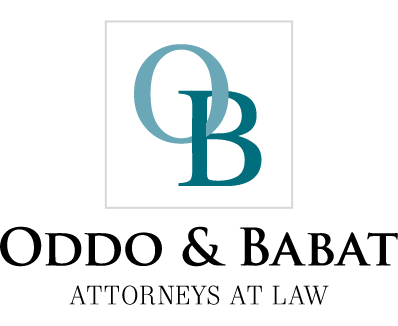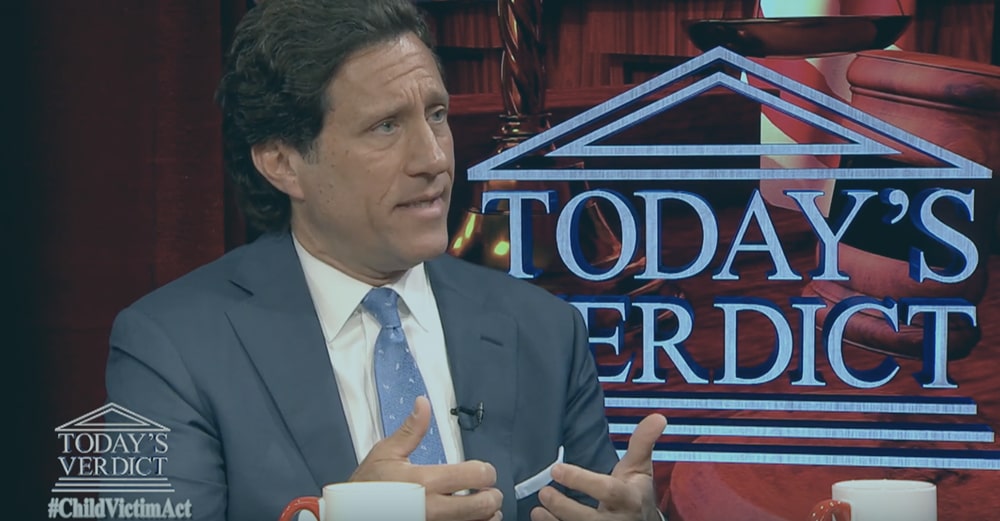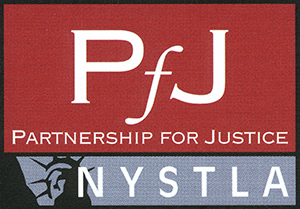The Value Of A Life Lost

Understandably, this is a reality that for many clients feels impossible to grasp. How could their loss not be compensable? How could their loved one’s life be said to have no monetary value?
At the outset, the attorney needs to explain how New York law applies to their loved one’s case, and ensure that the client’s expectations are in line with the reality of the law. This is much easier said than done, especially given the antiquated and nonsensical laws in New York which impact many of these cases (again, see Chapter 4).
It is equally important for clients to understand how important their role is in obtaining proof of economic damages (e.g., financial documents, witnesses, job habits or history, etc.). Often, clients possess information that their attorney cannot obtain from the records, so providing that information to the attorney can be very useful. Anything that the client believes might substantiate the claim of damages in the case should be provided to the attorney.
The Role of a Jury in the Wrongful Death Case
At trial, when it comes to the survivorship cause of action, the value is determined solely by the members of a jury, and is based on evidence detailing the decedent’s experience immediately prior to death.
Not too long ago, Oddo & Babat, handled a wrongful death case involving a motor vehicle collision where our client died following extensive chest trauma. The autopsy showed that the trauma caused the decedent’s lungs to fill with fluid, resulting in a slow, suffocating death. The jury concluded that the deceased was indeed consciously aware of pain and suffering prior to death, and found the manner of the death to be an extremely significant factor in determining what would be fair and adequate compensation in the case.
If a jury returns a substantial verdict in favor of the plaintiff, the defendant may appeal the verdict if they feel that the verdict is excessive. The appeals court would then decide what a fair damages verdict should be based on the evidence in the case. Based on previous rulings by the appellate courts regarding the value of particular injuries, an experienced and well-researched wrongful death attorney will have an educated idea of how the courts will handle a particular case on appeal.
When determining fair and just compensation for economic damages in wrongful death cases, the jury considers a number of factors, such as the age, health, and life expectancy of the decedent at the time of the negligence or at the time of the death. Their work-life expectancy is calculated by an economist to determine how much the decedent would have earned over the course of their life. The jury can also consider the decedent’s work history, work habits, future earning capacity, and potential for career advancement.
Proving Economic Damages
For the wrongful death action, the decedent’s survivors are entitled only to compensation for pecuniary (economic) losses. The elements of wrongful death are (1) the death was caused by the wrongful conduct of the defendant; (2) that if the party had not died, they would have had a right to bring a lawsuit; and (3) the deceased’s distributees suffered pecuniary loss by reason of the death. Obviously, the decedent cannot bring an action themselves, and there is no legal right for them to bring an action. Under the law, they need a personal representative to bring the lawsuit on their behalf.
If the deceased was the breadwinner of the family and in the prime of their work-life, then proving economic damages would be relatively straightforward, assuming the help of economic, vocational, and/or occupational experts. In such cases, it is important to consider opportunities for promotions and advancement, fringe benefits, health insurance plans, and pension plans that would have been earned by the deceased.
It is important to know that economic experts do not merely crunch the numbers; they rely on medical reports, tax returns, and deposition testimony from employers and co-workers in order to render an opinion. Witnesses who can speak to the work habits and talents of the deceased provide useful evidence that an economist needs in order to render an accurate analysis and rock-solid opinion at trial.
For more information on The Value Of A Life Lost In New York, an initial consultation is your best next step. Get the information and legal answers you’re seeking by calling (646) 828 1980 , call Oddo & Babat, P.C. today.


 I consulted with David the first time a couple of years ago on a serious matter that affected a very close member of my family. Not expecting a good experience from this serious situation coupled with an attorney consultation, the entire thing surprised me as it was pleasant, professional, and completely successful. We found him clear, direct, generous and extremely knowledgeable throughout the process. I give my very strongest recommendation
I consulted with David the first time a couple of years ago on a serious matter that affected a very close member of my family. Not expecting a good experience from this serious situation coupled with an attorney consultation, the entire thing surprised me as it was pleasant, professional, and completely successful. We found him clear, direct, generous and extremely knowledgeable throughout the process. I give my very strongest recommendation








